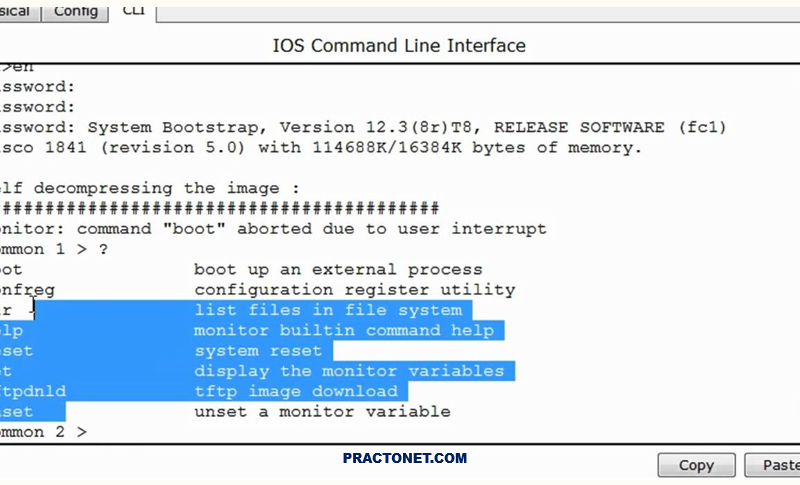URL redirection is a common technique used by ethical hackers to identify security vulnerabilities and test the resilience of web applications. In this blog post, we’ll explore the risks associated with URL redirection in ethical hacking and best practices for conducting these tests.
What is URL Redirection in Ethical Hacking? URL redirection in ethical hacking refers to the use of URL redirection techniques to test the security of web applications. This can include redirecting visitors to malicious URLs, testing the resilience of web applications against phishing attacks, and more. Ethical hackers use these techniques to identify security vulnerabilities and assess the overall security posture of web applications.
Risks Associated with URL Redirection in Ethical Hacking There are several risks associated with URL redirection in ethical hacking, including:
- Phishing attacks: Redirecting visitors to malicious URLs can be used to conduct phishing attacks, where users are tricked into providing sensitive information.
- Session hijacking: Redirecting visitors to malicious URLs can be used to steal session data and take control of a user’s session.
- Cross-Site Scripting (XSS): Redirecting visitors to malicious URLs can be used to inject malicious code, such as cross-site scripting attacks, into web applications.
Best Practices for Conducting URL Redirection Tests in Ethical Hacking When conducting URL redirection tests in ethical hacking, it’s important to follow best practices to ensure the safety of your systems and data. Here are some best practices to follow:
- Obtain permission from the owners of the web applications you will be testing.
- Conduct tests in a controlled environment, such as a virtual machine, to prevent any harm to production systems.
- Test only the web applications and systems that you have permission to test.
- Document all tests and results thoroughly to ensure that any vulnerabilities identified can be addressed.
- Use caution when redirecting visitors to malicious URLs, as this can pose a risk to their systems and data.
So, URL redirection in ethical hacking is an important tool for testing the security of web applications. By following best practices, ethical hackers can conduct these tests safely and effectively, helping organizations to identify and address security vulnerabilities before they can be exploited by attackers.





